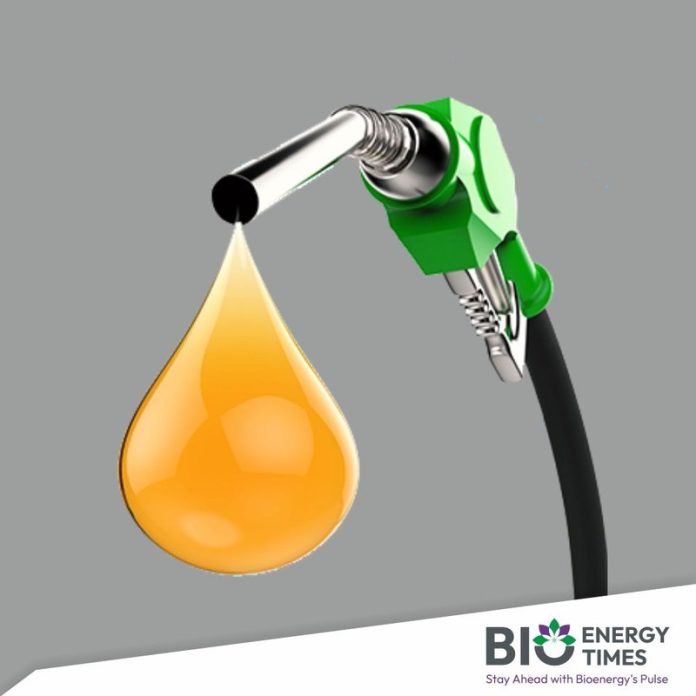Pakistan is preparing to launch an ethanol-blending programme to reduce reliance on imported fuel, lower carbon emissions, and promote renewable energy. The government is expected to approve a plan that would allow petrol to be mixed with up to 5% ethanol, following India’s successful implementation of a similar strategy, according to local media reports.
India’s ethanol-blending efforts have been widely recognized for cutting crude oil imports, increasing farmers’ incomes, and stabilizing the sugar industry by addressing surplus production. With India now on track to achieve a 20% ethanol blend in petrol, Pakistan is looking to follow a similar path.
A draft proposal for Pakistan’s Ethanol Blending Programme (EBP) is set to be presented to the Economic Coordination Committee (ECC) of the Cabinet. The plan follows the formation of a government committee by Prime Minister Shehbaz Sharif on June 23, 2024, to develop a national ethanol strategy.
The committee, led by the Minister of Petroleum and including the Finance Minister, the Minister of State for Finance, and the Secretary of Petroleum, has finalized the proposal after consulting industry experts and stakeholders.
The programme aims to gradually introduce ethanol-blended petrol across the country. Oil refineries will be encouraged to voluntarily mix up to 5% ethanol with petrol, which would then be sold as regular fuel. The success of the programme will depend on the availability and economic feasibility of ethanol production.
Pakistan’s ethanol comes primarily from sugarcane molasses. By blending ethanol into petrol, the country hopes to reduce its dependence on imported fossil fuels, lower pollution, and create new opportunities for the renewable energy sector.
If implemented successfully, the programme could bring economic and environmental benefits, including reduced fuel import costs, a more diverse energy supply, and growth in the domestic ethanol market.
This is not the first time Pakistan has attempted ethanol blending. In 2009-10, the government introduced E-10 petrol, which contained 10% ethanol, on a trial basis. The fuel was initially sold in Sindh and later expanded to Punjab at a slightly lower price than regular petrol. However, the project was discontinued after a year due to limited ethanol availability, concerns from car manufacturers, and rising global ethanol prices.
The new EBP proposal is based on international best practices, a review of Pakistan’s fuel market, and an assessment of the country’s ethanol production capacity. The plan aims to integrate ethanol blending into Pakistan’s fuel supply in a way that balances economic and environmental benefits.
Under the draft proposal, ethanol blending will initially be voluntary, allowing refineries to mix up to 5% ethanol into monograde petrol. A government committee, led by the Minister of Petroleum, will oversee the programme, review progress every six months, and make necessary adjustments.
For the long term, the proposal suggests increasing ethanol production and exploring alternative sources beyond sugarcane molasses. It also recommends working with car manufacturers to develop engines that can support higher ethanol blends.
If approved, the programme could play a key role in making Pakistan’s fuel market more sustainable while reducing dependence on expensive imported energy sources.
For detailed information and further insights, please refer to BioEnergyTimes.com, which provides the latest news about the Ethanol Industry















